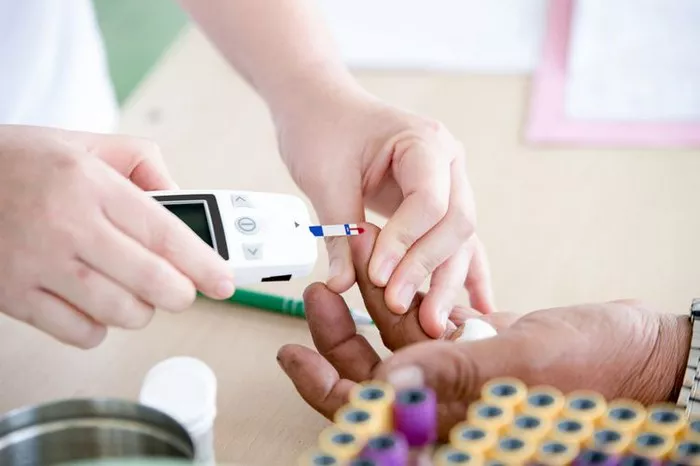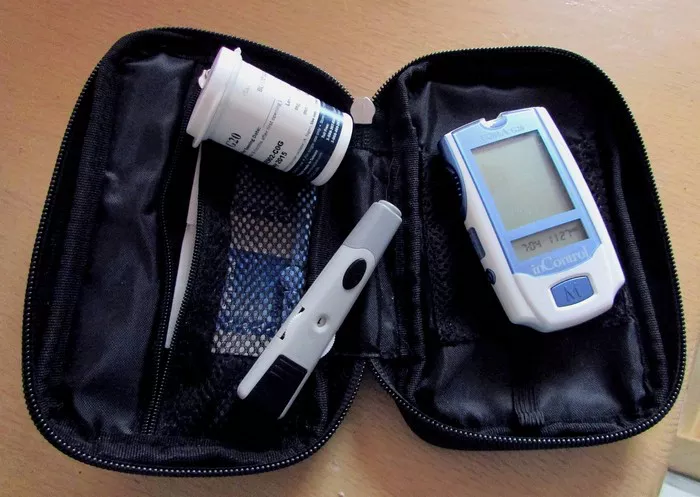Diabetes mellitus is a chronic metabolic disorder characterized by elevated blood glucose levels resulting from either insufficient insulin production (Type 1 diabetes) or the body’s ineffective use of insulin (Type 2 diabetes). Both types of diabetes pose significant health risks and complications if not managed properly. However, when comparing Type 1 and Type 2 diabetes, it’s essential to understand that each has its unique characteristics, causes, complications, and management strategies. This article aims to delve into the nuances of both types of diabetes to determine which is worse in terms of various factors including severity, complications, management, and overall impact on quality of life.
Understanding Type 1 Diabetes:
Type 1 diabetes, formerly known as juvenile diabetes or insulin-dependent diabetes, typically develops during childhood or adolescence, although it can occur at any age. It arises when the body’s immune system mistakenly attacks and destroys the insulin-producing beta cells in the pancreas. As a result, individuals with Type 1 diabetes require insulin injections to regulate their blood sugar levels effectively.
One of the distinguishing features of Type 1 diabetes is its sudden onset. Symptoms may include excessive thirst, frequent urination, unexplained weight loss, fatigue, and blurred vision. Without insulin therapy, individuals with Type 1 diabetes can develop diabetic ketoacidosis (DKA), a life-threatening condition characterized by the buildup of ketones in the blood.
Understanding Type 2 Diabetes:
Type 2 diabetes, formerly referred to as adult-onset diabetes or non-insulin-dependent diabetes, is the most common form of diabetes, accounting for approximately 90% of all cases worldwide. Unlike Type 1 diabetes, which is an autoimmune condition, Type 2 diabetes typically develops gradually and is closely linked to lifestyle factors such as obesity, physical inactivity, and poor dietary choices.
In Type 2 diabetes, the body either becomes resistant to the effects of insulin or fails to produce enough insulin to maintain normal blood sugar levels. This results in hyperglycemia, which, if left untreated, can lead to various complications such as heart disease, stroke, kidney failure, and nerve damage.
Comparing Severity:
In terms of severity, Type 1 diabetes is often considered more acute than Type 2 diabetes. The sudden onset of Type 1 diabetes and its reliance on insulin therapy for survival can be daunting for individuals diagnosed with this condition. Moreover, the risk of developing DKA in untreated or poorly managed Type 1 diabetes adds to its severity.
On the other hand, Type 2 diabetes is generally characterized by a more gradual onset and progression. Many individuals with Type 2 diabetes may remain asymptomatic for years before receiving a diagnosis, allowing the condition to go undetected and untreated. However, the long-term complications associated with Type 2 diabetes, such as cardiovascular disease, kidney damage, and nerve damage, can be severe and significantly impact quality of life.
Complications and Comorbidities:
Both Type 1 and Type 2 diabetes are associated with a myriad of complications and comorbidities that can affect various organ systems in the body. However, the specific complications and their prevalence may differ between the two types of diabetes.
In Type 1 diabetes, the risk of developing acute complications such as DKA is relatively higher, particularly during periods of illness or stress when insulin requirements may increase. Long-term complications of Type 1 diabetes include cardiovascular disease, kidney disease, nerve damage, and eye problems such as diabetic retinopathy.
Type 2 diabetes, on the other hand, is strongly linked to lifestyle factors such as obesity and physical inactivity, which can exacerbate the risk of complications. Individuals with Type 2 diabetes are more likely to develop conditions such as hypertension, dyslipidemia, and fatty liver disease, all of which contribute to an increased risk of cardiovascular events.
Management Strategies:
The management of Type 1 and Type 2 diabetes differs significantly due to their underlying causes and physiological mechanisms.
In Type 1 diabetes, insulin therapy is the cornerstone of treatment. Individuals with Type 1 diabetes require multiple daily insulin injections or continuous subcutaneous insulin infusion (insulin pump therapy) to maintain blood sugar control. Additionally, close monitoring of blood glucose levels, carbohydrate counting, regular exercise, and a balanced diet are essential components of Type 1 diabetes management.
In Type 2 diabetes, lifestyle modifications such as weight loss, dietary changes, and increased physical activity are often the first-line approach to management, particularly in the early stages of the disease. Oral medications such as metformin, sulfonylureas, and thiazolidinediones may be prescribed to improve insulin sensitivity or reduce hepatic glucose production. In some cases, insulin therapy may be necessary if oral medications are insufficient to control blood sugar levels.
Quality of Life Considerations:
The impact of diabetes on quality of life can vary depending on various factors such as disease severity, complications, treatment regimen, and individual coping mechanisms.
For individuals with Type 1 diabetes, the constant need for insulin injections, blood glucose monitoring, and meticulous carbohydrate counting can be burdensome and affect daily activities. Moreover, the fear of hypoglycemia and the potential for acute complications such as DKA can contribute to anxiety and stress.
In Type 2 diabetes, the emphasis on lifestyle modifications and the risk of developing long-term complications may also impact quality of life. Adherence to dietary restrictions, medication regimens, and regular monitoring of blood sugar levels can be challenging for some individuals, particularly if they have comorbidities or socioeconomic barriers to care.
Conclusion:
In conclusion, comparing the severity of Type 1 and Type 2 diabetes is not straightforward, as each has its unique characteristics, complications, and management strategies. While Type 1 diabetes is often considered more acute due to its sudden onset and reliance on insulin therapy, Type 2 diabetes poses significant long-term health risks and complications if not managed effectively. Ultimately, both types of diabetes require comprehensive care, including regular medical follow-up, lifestyle modifications, and adherence to treatment regimens, to minimize the risk of complications and improve overall quality of life.



























